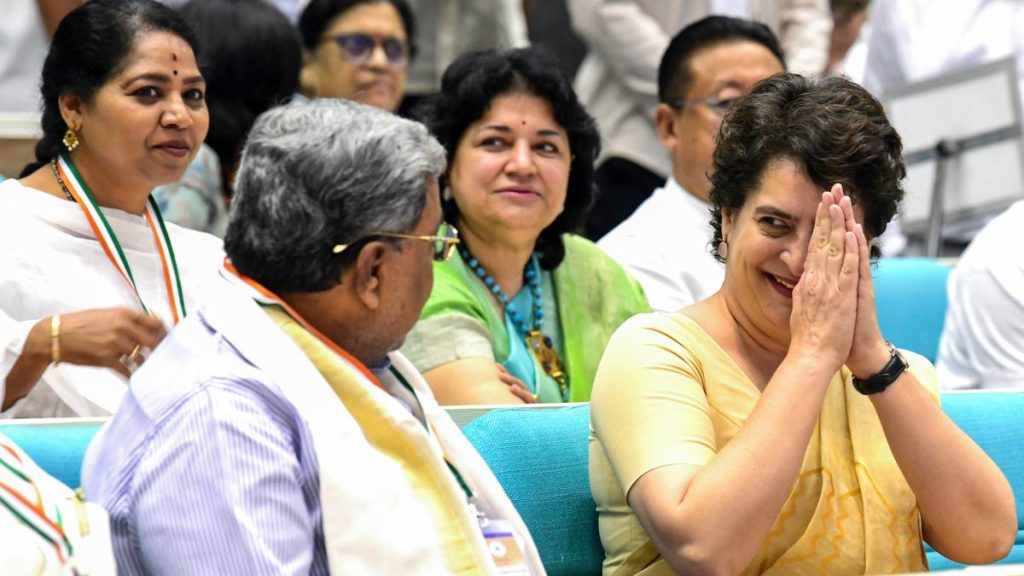Now Reading: Supreme Court to Rule on Plea Against Removal of Stray Dogs in Delhi-NCR
-
01
Supreme Court to Rule on Plea Against Removal of Stray Dogs in Delhi-NCR
Supreme Court to Rule on Plea Against Removal of Stray Dogs in Delhi-NCR
Quick Summary
- On August 22, 2025, the Supreme Court is set to rule on interim pleas seeking a stay on its August 11 directive mandating civic authorities to capture adn confine all stray dogs in shelters within six to eight weeks.
- Justice Vikram Nath leads the three-judge Bench reviewing this suo motu case, which was reassigned from a diffrent Bench earlier this month by Chief Justice B.R. Gavai following concerns over humane treatment.
- The directive cites increasing public health risks posed by stray dogs,with reference to Delhi’s 25,201 dog-bite cases recorded in 2024. Shelters with capacity for at least 5,000 strays are mandated.
- Animal rights activists have criticized the move as impractical due to inadequate infrastructure and potential cruelty toward animals during mass captures.
- Solicitor general Tushar Mehta highlighted child fatalities from rabies as part of an escalating public health crisis requiring urgent action.
- Senior advocate Kapil Sibal contended that aspects of the order violate the Animal Birth Control (ABC) Rules, 2023 prohibiting relocation of strays from their original habitats.
Indian opinion Analysis
The Supreme Court’s ruling will represent a critical juncture between addressing India’s growing stray dog population and balancing humanitarian concerns about animal welfare. With over eight lakh estimated street dogs in Delhi alone, logistical hurdles cast doubt on immediate implementation of such large-scale confinement orders. Public health data underscores serious risks posed by unvaccinated strays; though, infrastructure deficiencies could exacerbate challenges for authorities attempting compliance within tight timelines.
While advocates emphasize humane treatment through policies like sterilization and vaccination under ABC Rules (2023), urban civic systems face pressure to reconcile competing priorities-protecting citizens while avoiding cruelty or ecosystem disruption caused by mass relocation. The outcome may herald significant shifts in both legal frameworks governing animal management and operational capacities of municipal bodies nationwide.
Read more: The Hindu
























